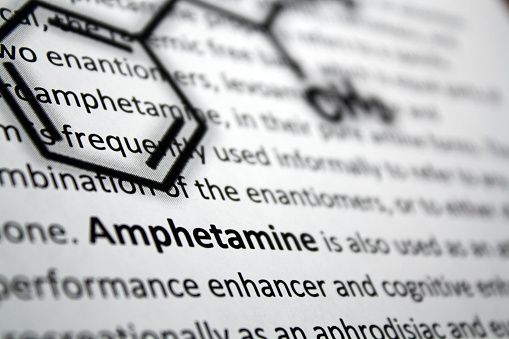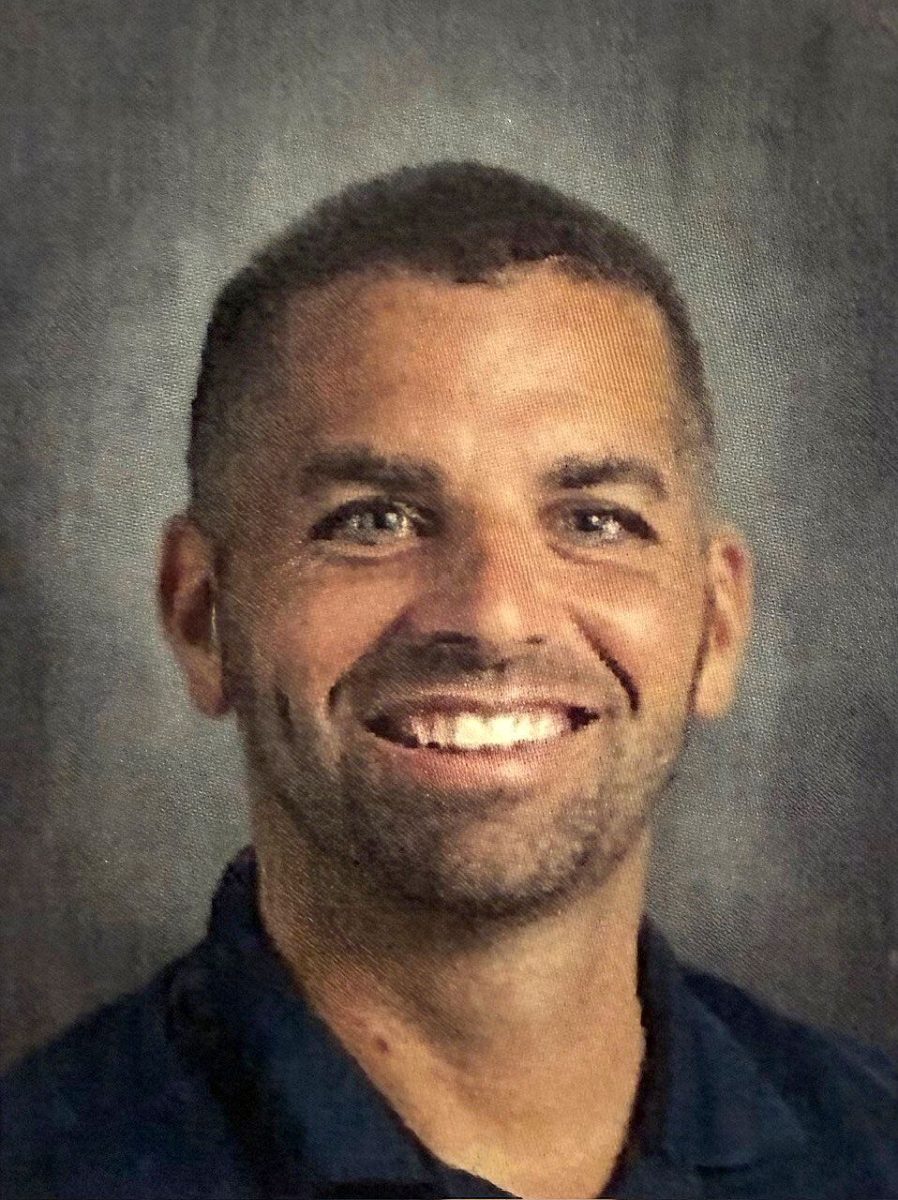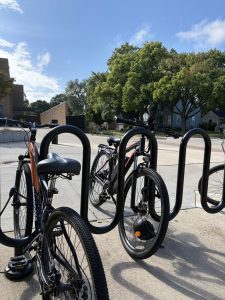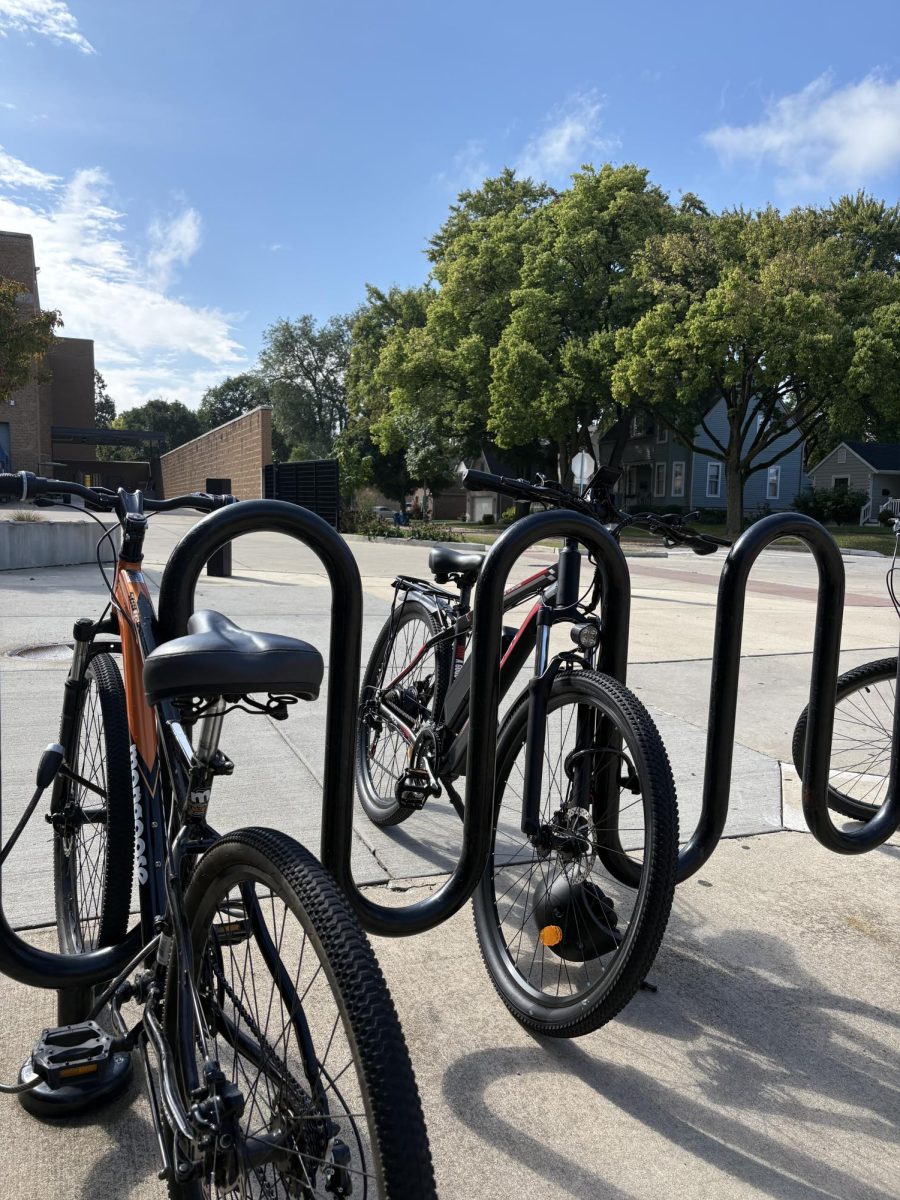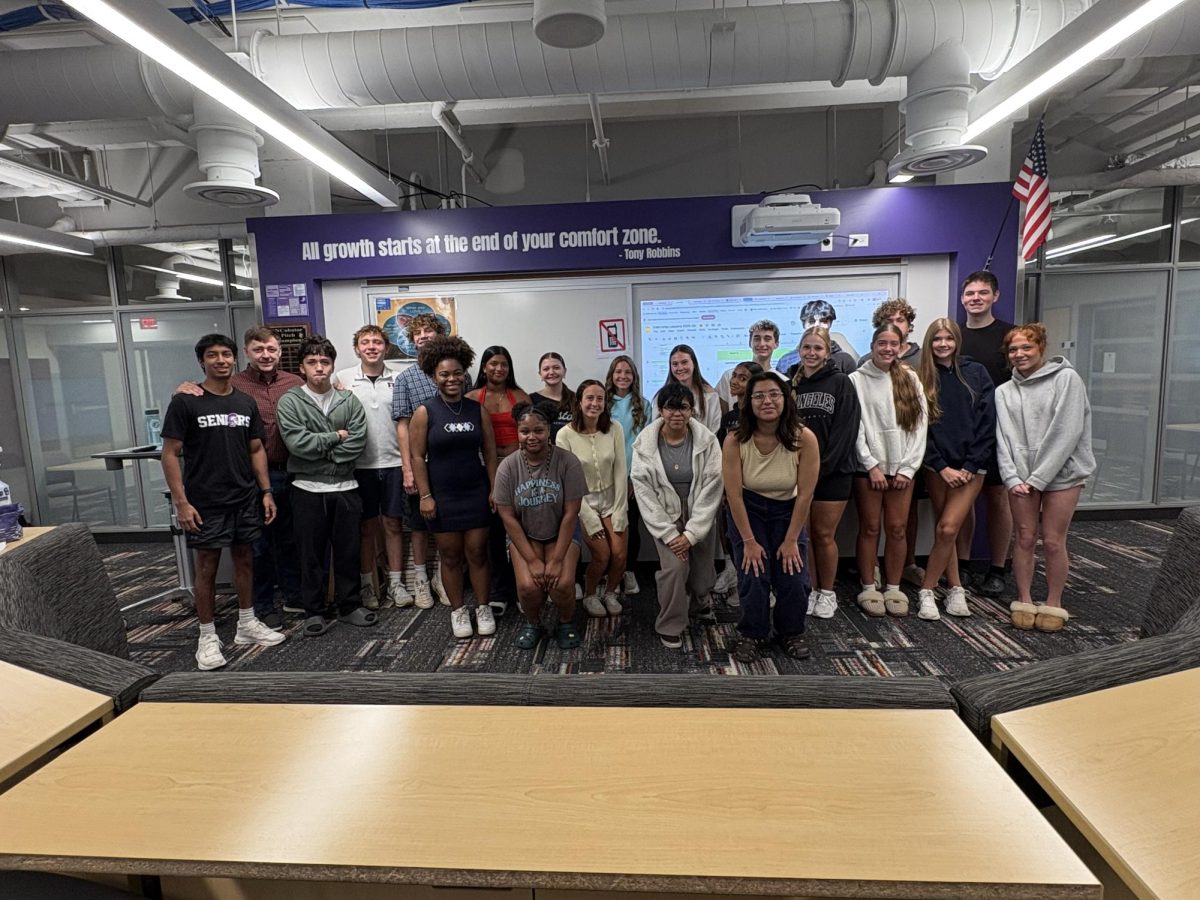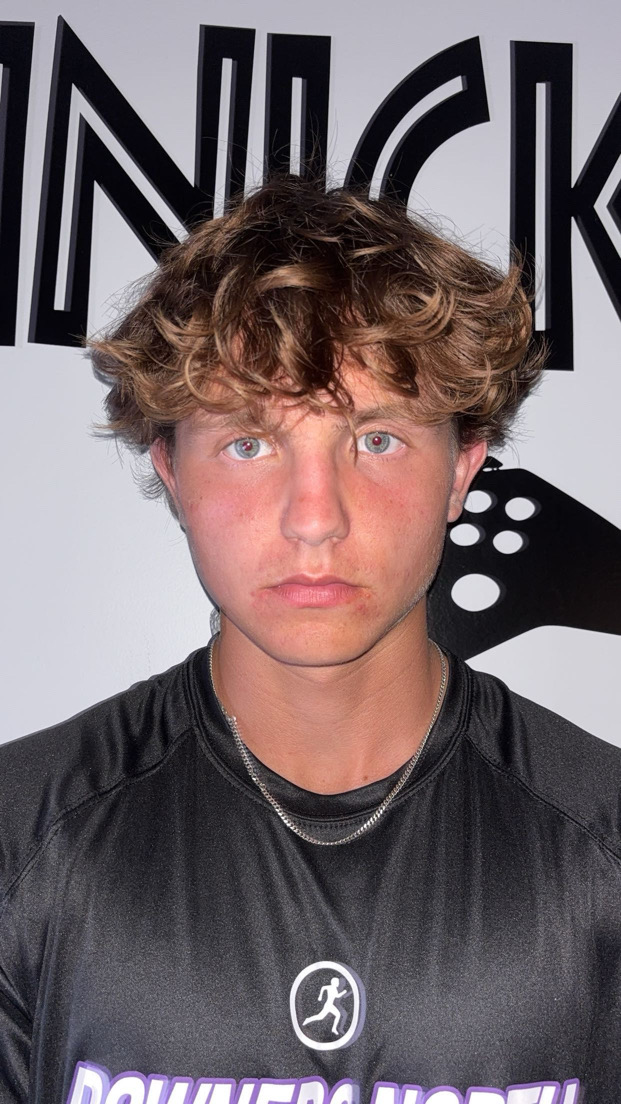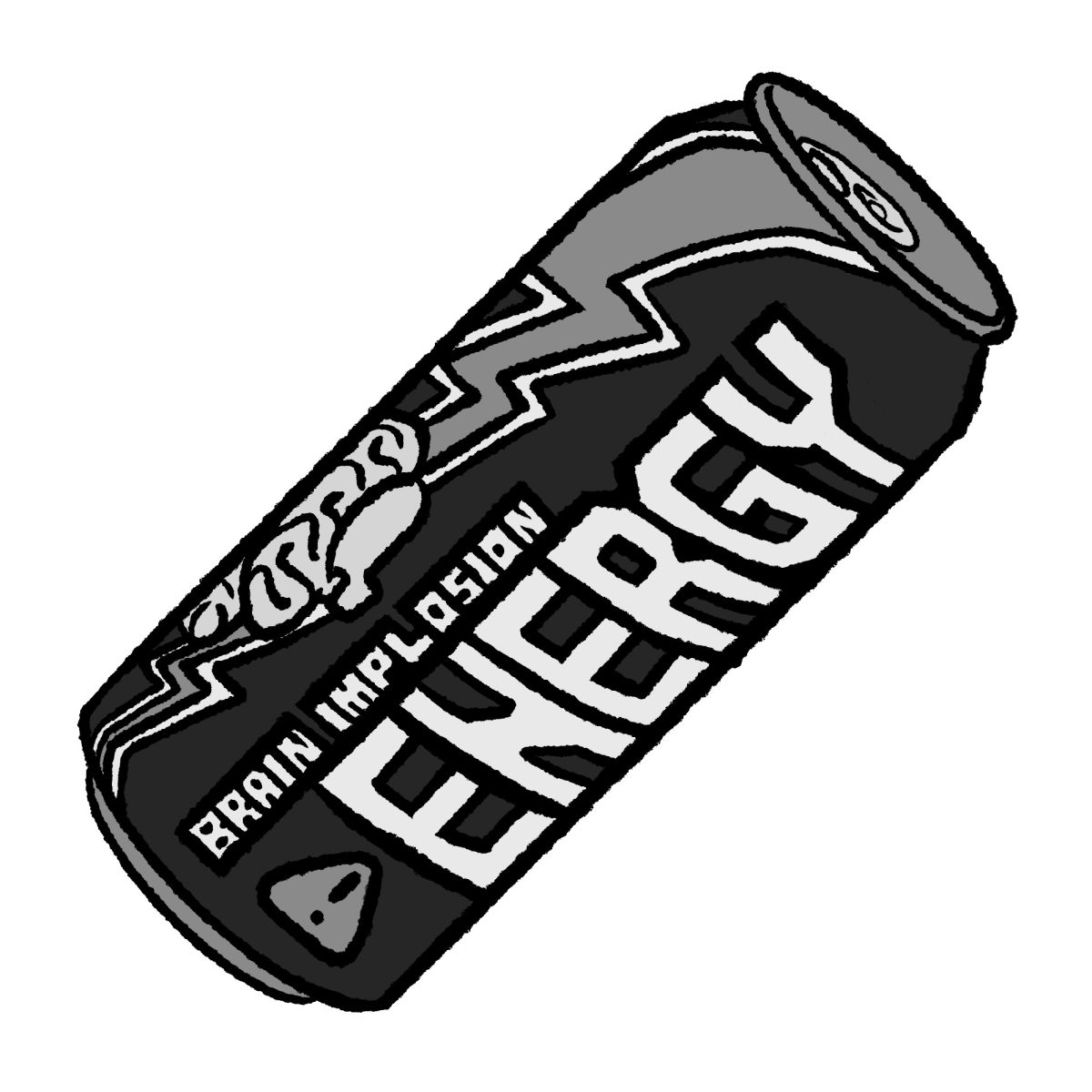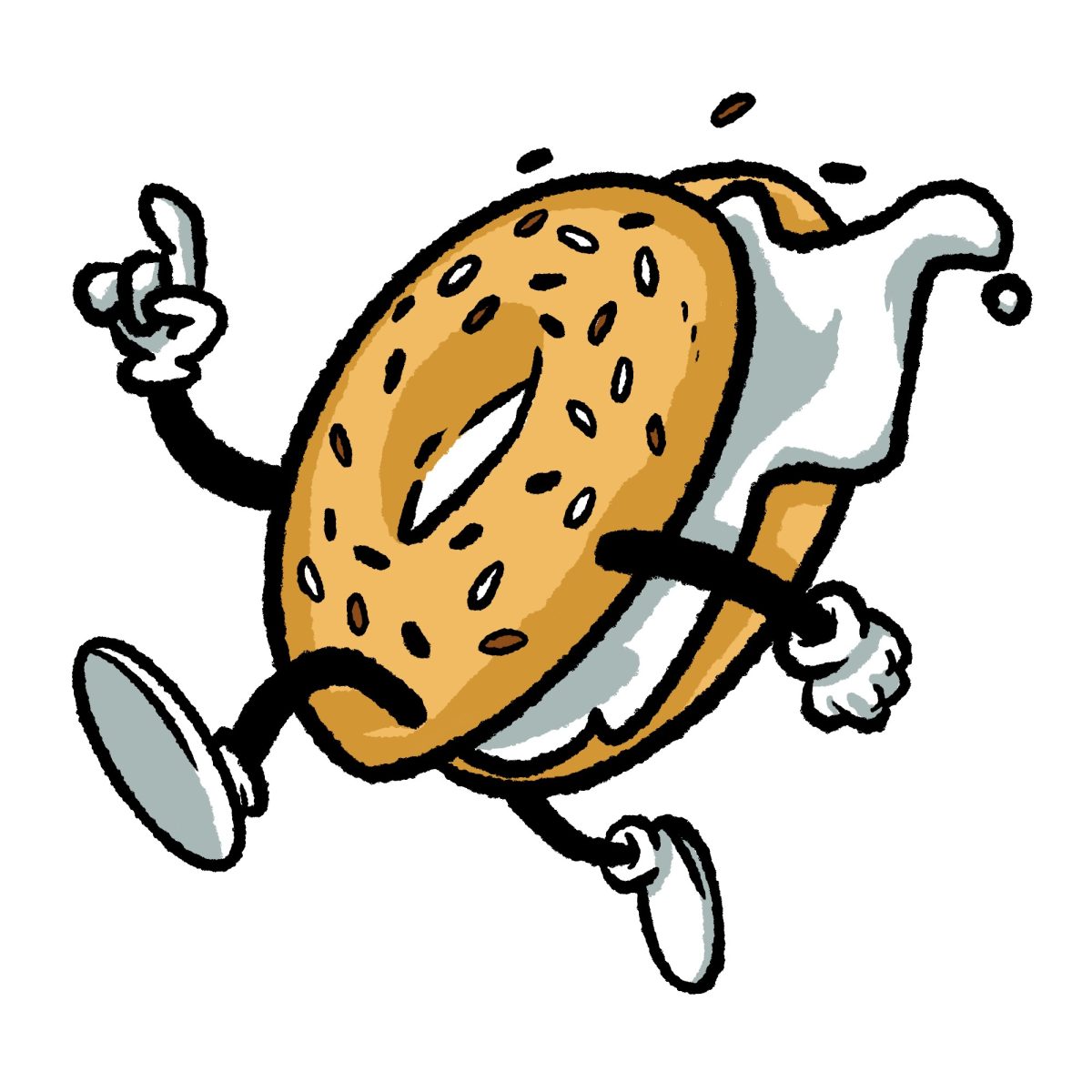ADHD medications have harmful affects on young student
December 12, 2021
According to the Center for Disease Control (CDC) 11% of American children (ages 4-17) have attention deficit disorder (ADD) or attention deficit hyperactivity disorder (ADHD). Around half of which received medication for it. The two most common medications for these learning disabilities are Adderall and Ritalin. These medications are psychoactive, meaning it changes the user’s mental state by affecting the way the brain and central nervous system operate (CNS).
According to Healthline.com Ritalin and Adderall both work as CNS stimulants. They increase the brain’s ability to utilize the neurotransmitters Norepinephrine and Dopamine. These two play a role in most brain activity. Generally speaking they increase brain function.
These neurotransmitters are essential for daily functioning, and the medications can act as a crutch for it. If the brain becomes used to having this crutch, then the body will struggle to function without it. This is how CNS stimulants become addictive.
“I have a hard time staying awake in class on days when I don’t take it” senior Jack Mann said. Student’s shouldn’t be taking pills just to get through the school day. Being able to sit still all day isn’t easy for a lot of kids, but attentive listening and observing are important skills that students should develop naturally.
They also have unwanted side effects that can be extremely harmful to a developing mind and body. These kinds of effects include loss of sleep, loss of appetite, weight loss or inability to gain weight, anxiety, mood swings, even suicidal thoughts. With prolonged use of these medications, any one of those effects can manifest as a permanent disorder.
“The medications can help someone focus, but don’t tell them what to focus on so they might do a great job on something that’s totally irrelevant or unimportant” Doctor Timothy Bilkey, a practicing psychiatrist, said. Another common misunderstanding about stimulants is that they give the user an impeccable ability to focus on school work.
“Pills don’t teach skills,” Bilkey said. A student on one of these medications could come into class with this ability to focus but could use that to draw a very detailed picture or listen to every word of their favorite song. The user can focus more easily, but they still need the discipline to channel that energy on their school work. Otherwise they’re taking mind altering medication for nothing.
“Things like seasonal depression do hit hard sometimes but coping skills definitely help a lot” Senior Lizzie De Silva said. It seems parents and doctors fail to take a look at the bigger picture when it comes to mental health. Nobody should rely on their coping skills just to be ok. Students need to make sacrifices to be successful in the classroom, but mental health should not be one of those.
The problems don’t stop with younger children, according to physcom.net nearly 1 in 6 college students abuse Adderall, Ritalin or other CNS stimulants. It’s easy to acquire because students who have prescriptions distribute it to their peers. Students use them to focus, some use them for energy, some even use it to help lose weight.
“I know a lot of people who have become addicted, someone might have a paper due so they really wanna focus but then they can’t stop” De Silva said. The fact that so many different people are able to obtain a prescription drug without a prescription is frightening. The harsh reality is that doctors and pharmacies can write this prescription too easily because ADHD symptoms are too easy to falsely diagnose.
In 2008, a group of undergraduate students conducted an experiment for the American Center for Addiction. Of those that were examined, 93% of students with no learning disability were able to obtain a positive diagnosis for ADHD.
This is all preventable if there were more alternative treatments for learning disabilities available, instead of handing out pills like candy. Once diagnosed with ADHD, the only treatments are behavior correctional therapy, or a prescription for one of these drugs. Usually, it ends up being the latter.
“If it was my decision I would definitely explore other options first before using medication” Mann said. These conditions are too easy to diagnose for doctors to be prescribing mind altering drugs to children at such a young age.
Sitting still in school every day is already hard for a child. Claiming an eight year old is acting too hyper while sitting still for six hours straight is only natural, and should not permit a prescription for these medications. I can understand a parent wanting to do the best thing for their child, but some parents just think it’s easier to give their child a pill every morning instead of parenting them, and helping them explore their interests.
This is all reasoning that there needs to be alternative treatment for learning disabilities other than medication. Doctors and parents need to try other alternatives first, whether that’s getting more exercise, eating healthier or just getting more sleep. Psychoactive medication shouldn’t be the first line of defense because long term use isn’t healthy or natural.


